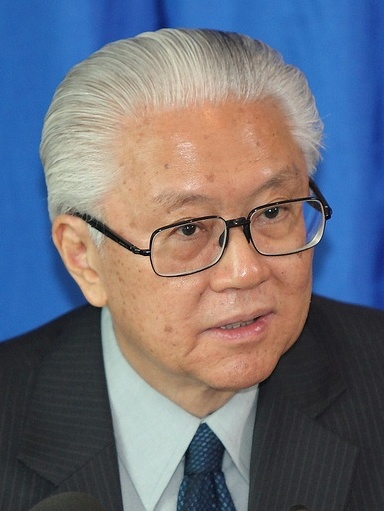The men, aged 17 and 42, were arrested following a complaint lodged by the Website administrators of the Istana, the official residence of President Tony Tan.
 |
| Tony Tan |
The Website was hacked and displayed a crude image in the early hours of November 8, about an hour after Prime Minister Lee Hsien Loong's website displayed mocking messages and pictures from activist hackers' group Anonymous. Police said the two attacks are unrelated to each other.
 |
| Lee Hsien Loong |
They face a maximum fine of Sg$10 000 or imprisonment of up to three years, or both.
Police did not reveal the identity of the two suspects, but Singaporean businessman Doolson Moo last week revealed to
The Straits Times newspaper, that he was the one who penetrated the Istana Website to “test for vulnerabilities”.
The 42-year-old said he entered a line of computer code into the search box on the website that allowed him to display a picture of an old woman pointing her middle finger, along with a string of offensive words in the southern Chinese dialect of Hokkien.
He told the newspaper that his accomplice was a 17-year-old student he knew through social networking site Facebook.
| Guy Fawkes Mask |
The council is located in a district represented by the prime minister.
A man claiming to speak for Anonymous has demanded that Singapore scrap a law requiring news websites to obtain annual licences.
The new Internet licensing rules came into force in June 2013 and have angered bloggers and activists who say they are designed to cover free expression.
Singapore strictly regulates the traditional media, but insists the new licensing rules do not have an impact on Internet freedom.

Keine Kommentare:
Kommentar veröffentlichen